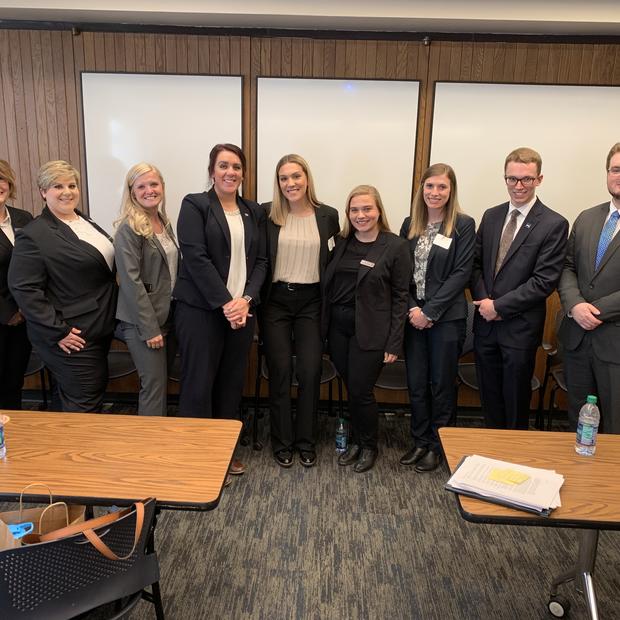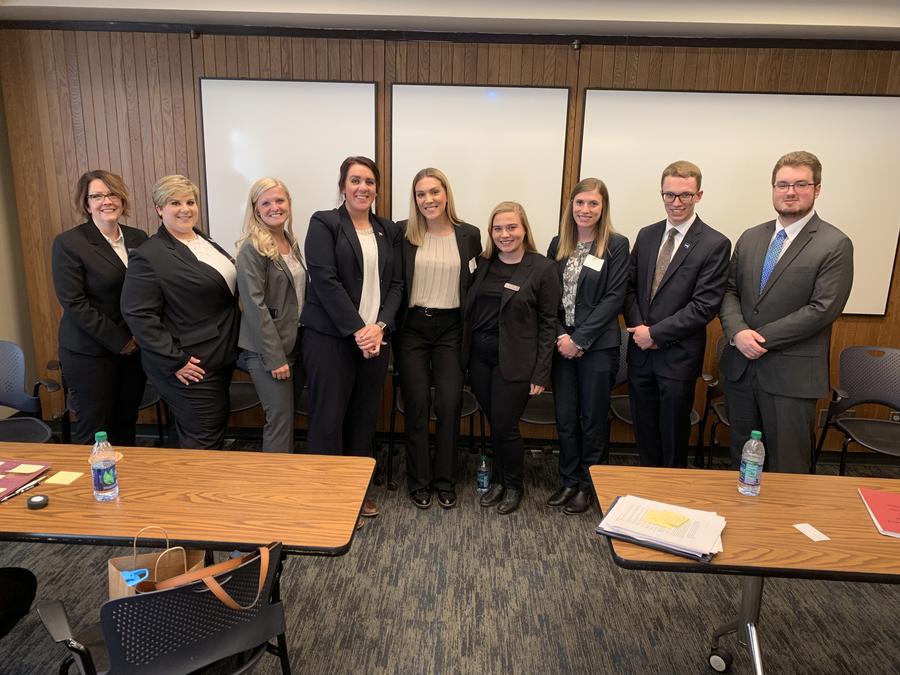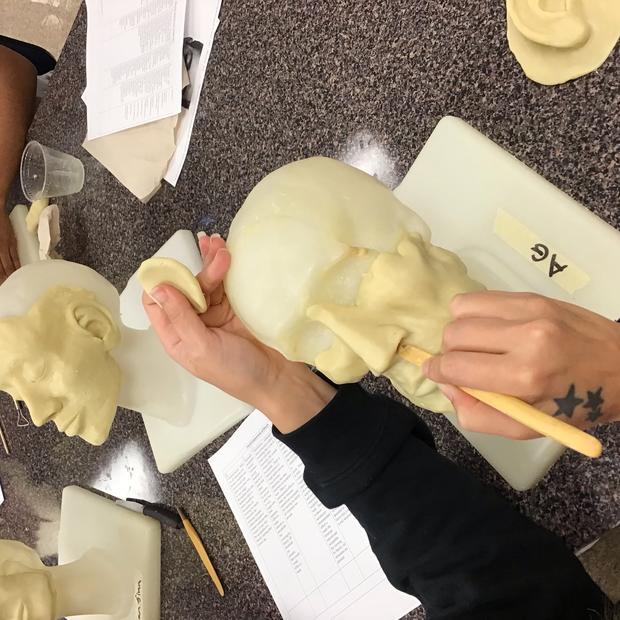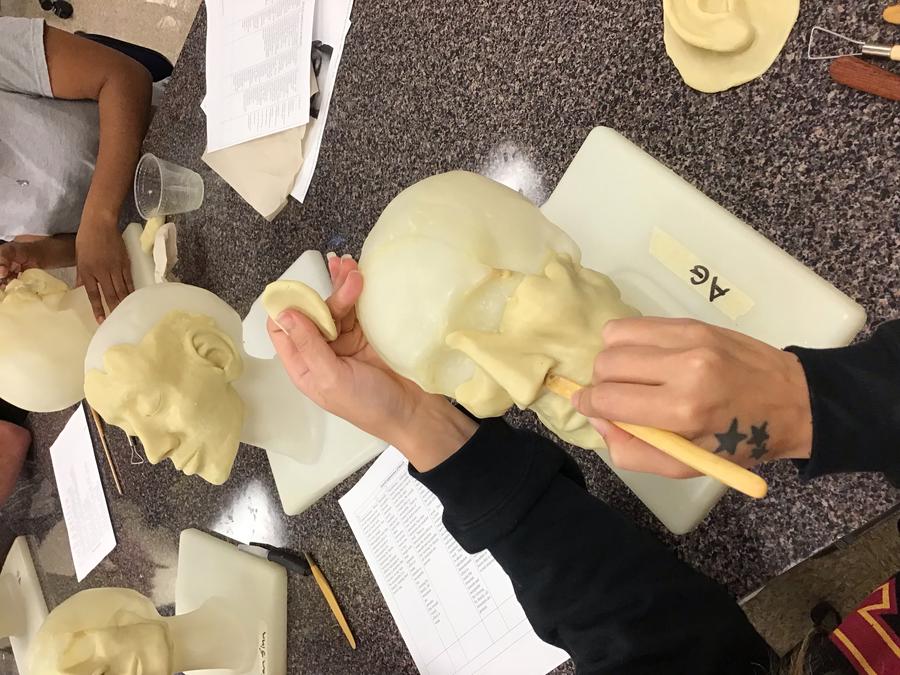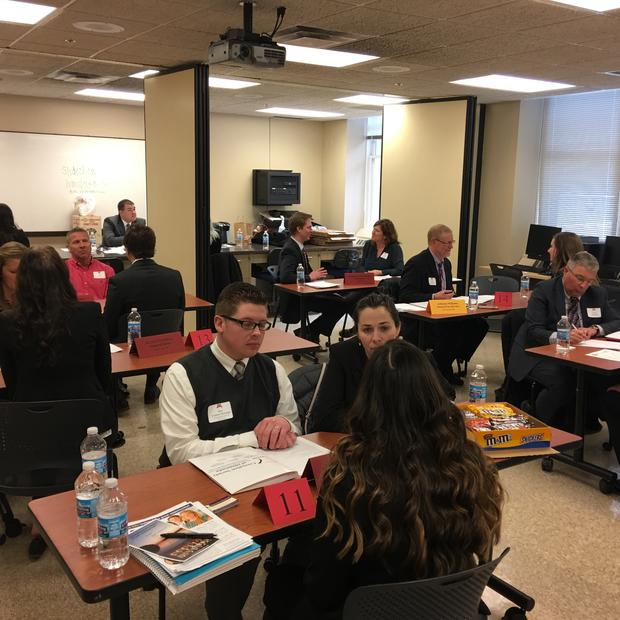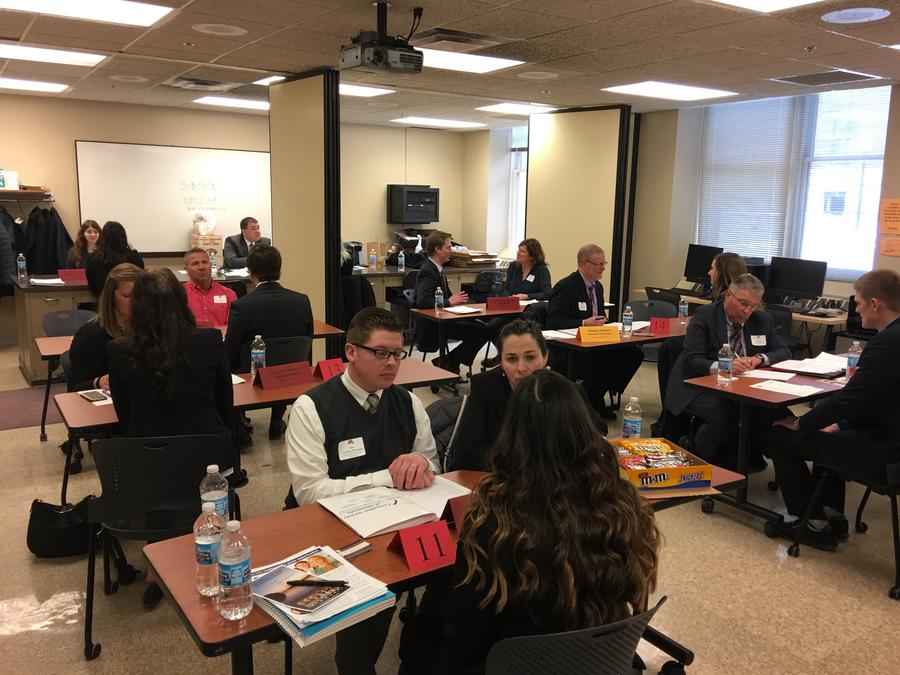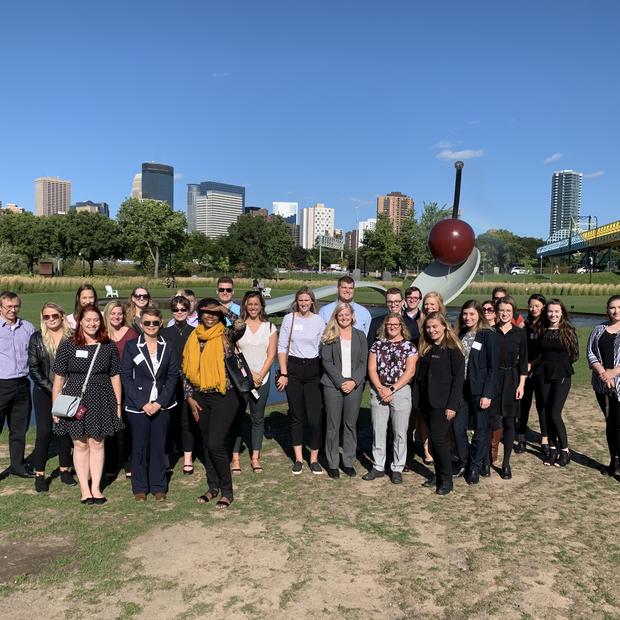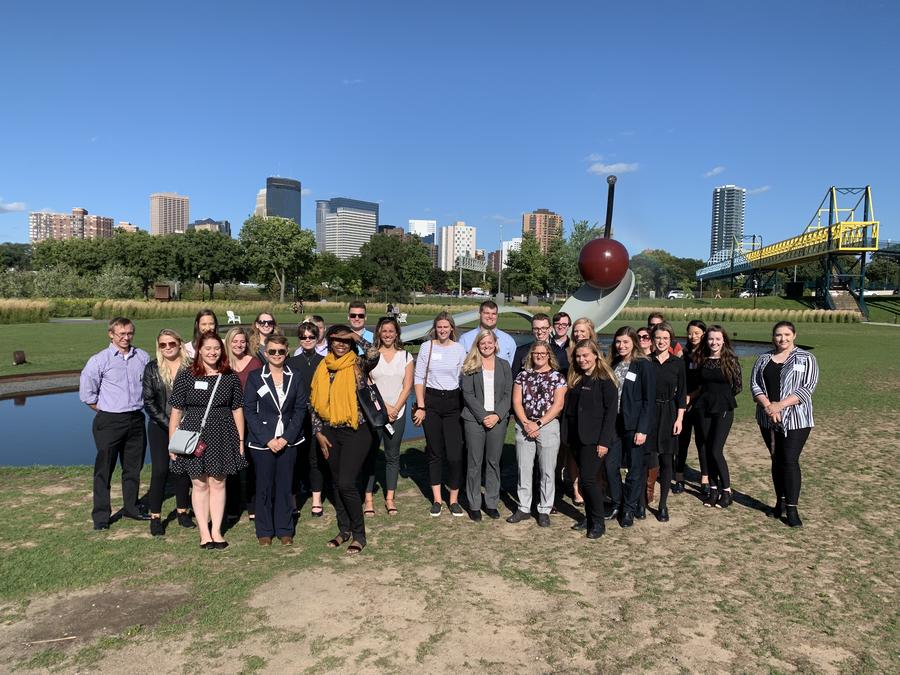Education and Training
Is Funeral Service Right for You?
We strongly urge prospective students to meet with a funeral director in their community to discuss their interests and career goals. The Admissions Committee looks favorably towards applicants who have previous work experience in funeral service, and who can provide references from persons working in the field.
Funeral service is an incredibly rewarding career, but is also very demanding in terms of time commitments and work responsibilities. We believe—and experience has shown—that anyone considering entering this profession would be well served by working in the field for several months before applying for admission.
For additional information about a career in funeral service, the following resources are available:
Explore Coursework
For those persons who might want to explore coursework within the major, it is possible to register for a select number of open courses as a non-matriculated student. Registration in these cases often occurs through the University’s College of Continuing Education. However, prospective students MUST still apply and be accepted into the major by the program’s Admissions Committee in order to earn a degree in mortuary science. For more information on registering for courses as a non-matriculated student please contact the program office at mortsci@umn.edu.
For detailed information on Mortuary Science major requirements please visit the University's Course Catalog.
MORT 3379: Clinical Rotation
You will gain real-world experience at one of our clinical rotation sites. We have more than fifty funeral homes in the Twin Cities metro area and greater Minnesota serve as clinical rotation sites for students completing this course. Click here to learn more.
About the Job Market
The market for funeral directors at the present time is good. Due to anticipated retirements over the next decade, the outlook appears positive for employment in funeral service. People considering this career should remember, however, that with the exception of larger towns and metropolitan areas, most communities have only a small number of funeral establishments where employment opportunities might exist. It is not uncommon for people to relocate – sometimes at considerable distance - in order to find a job in funeral service that meets their professional career goals and lifestyle needs. It can be more difficult to find employment in larger metropolitan cities than smaller, more rural communities because of the desire of many college graduates to work in metropolitan – rather than rural – areas following the completion of their degree program and licensing requirements. Additional compensation data are published on the Bureau of Labor Statistics on-line Occupational Outlook Handbook. Compensation packages vary depending on job location, responsibilities, etc.
Need an official transcript?
Official transcripts are certified and signed by the University registrar.
Time to verify of your Clinical Rotation hours?
Requests are processed with in 2 working days.
